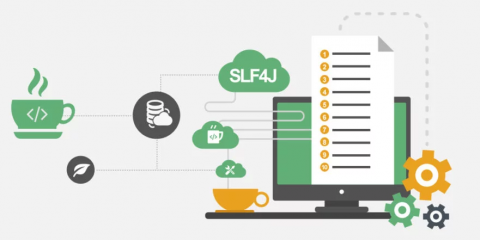PHP Error Log Guide: Configuration And Use Cases
When developing PHP applications, error logs are under-used because of their apparent complexity. PHP error logs are helpful, especially when configured and used properly. While there are advanced tricks to truly squeeze every last drop of utility out of error logs, this article will cover the basics of configuration and the most common use cases so you can get up and running quickly.











